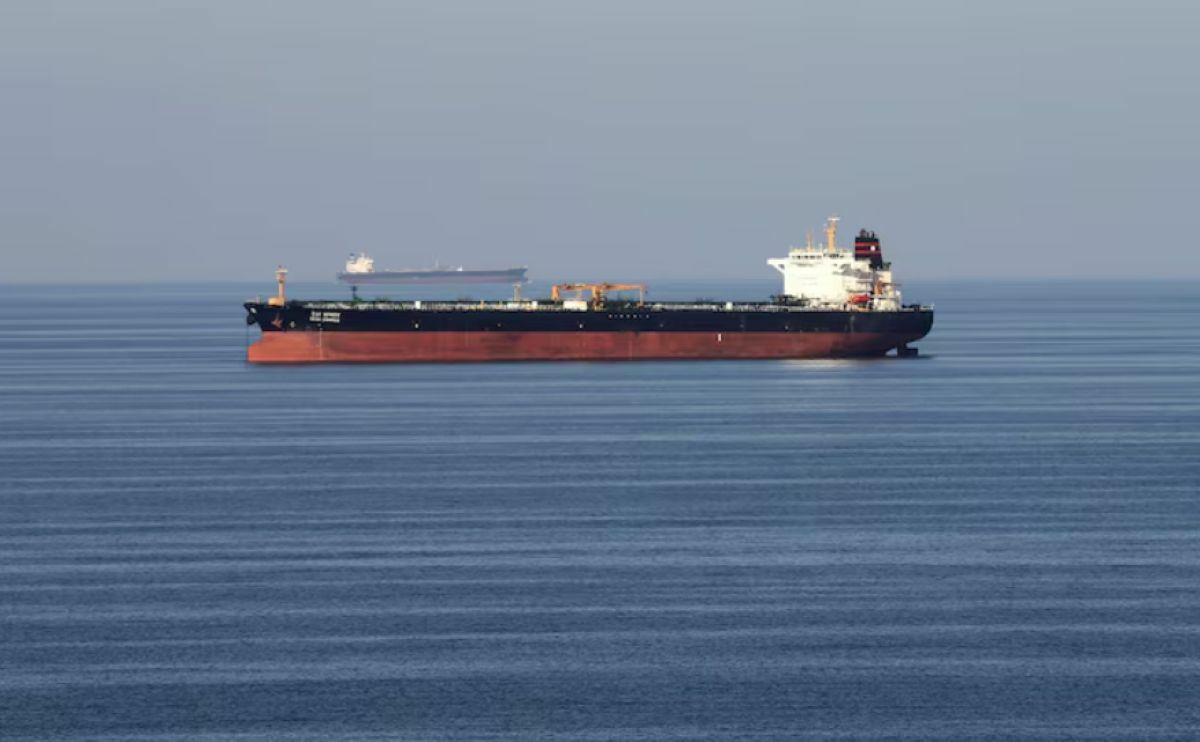Middle East tensions threaten Thai economy with rising oil prices

Geopolitical tensions in the Middle East are having a significant impact on the Thai private sector, as the prolonged conflict between Israel and Hamas extends beyond a year.
The ongoing Israeli offensive has led to rising oil prices and shipping blockages, which threaten to affect the Thai economy by increasing inflation and prompting higher interest rates in countries like the United States.
The Energy Ministry is preparing for the repercussions of the escalating conflicts, particularly in light of recent Israeli missile attacks on Iran.
These attacks, combined with Israel’s military actions against the Iran-backed Hezbollah militia in Lebanon, suggest a long-term struggle that could disrupt oil production and exports from the Middle East.
Veerapat Kiatfuengfoo, Deputy Permanent Energy Secretary, stated that Thailand, a major oil importer, is unlikely to escape the impact of the anticipated surge in global oil prices. Prices of crude oil futures have already risen following US President Joe Biden’s announcement of discussions with Israel about its conflict with Iran.
On October 3, Brent crude oil prices increased by 4.8%, closing at US$77.4 per barrel for November delivery, while West Texas Intermediate crude oil prices rose by 5.1% to US$73.6 per barrel. Veerapat mentioned that the ministry will provide subsidies to regulate domestic oil prices.
“The ministry will continue to regulate domestic oil prices through subsidy programmes using the Oil Fuel Fund, which is currently in deficit.”
The fund’s financial status has improved, with losses falling to less than 97 billion baht from over 130 billion baht earlier this year. However, further conflicts could lead to oil supply disruptions, and officials aim to control domestic prices to mitigate the impact on businesses and households.
Oil price spike
In response to the Russian invasion of Ukraine in 2022, global oil prices spiked to over US$100 per barrel, resulting in significant losses for the Oil Fuel Fund. Veerapat assured that Thailand has sufficient oil stocks to last up to two months if Middle East tensions escalate, with a stockpile of 3.36 billion litres of crude oil and 2.41 billion litres of refined oil ready to meet domestic demand.
The Federation of Thai Industries (FTI) voiced concerns about the negative impact on trade, especially exports, due to the prolonged Israel seige on Gaza. Chairman Kriengkrai Thiennukul highlighted that cargo transport to the Middle East is expected to slow down, affecting exports of cars and auto parts from Thailand.
Costs for freight rates are likely to increase, especially if the Houthis continue attacking container ships in critical shipping lanes like the Red Sea and the Gulf of Aden. Shipping lanes in these areas are crucial to the world’s economy, with up to 12% of global trade passing through the Red Sea annually. Higher logistics costs could see freight rates soar back to US$12,000 a container.
Thiennukul suggested that logistics providers consider new transport routes, such as the Eurasia Train Direct, to mitigate these issues.
Chaichan Charoensuk, chairman of the Thai National Shippers’ Council (TNSC), warned that key maritime routes from Asia to Europe are increasingly vulnerable due to intensifying geopolitical conflicts. Recent attacks on vessels in the Red Sea have reignited concerns about supply chain disruptions, with 40% of European-Asian trade affected.
“Exporters should monitor the shipping situation closely, particularly through the Strait of Hormuz, as escalating conflicts could lead to its closure.”
Shipping delays
Chaichan also recommended that exporters diversify their markets to Southeast Asia and China to mitigate potential liquidity problems from shipping delays.
Nattapol Khamthakrua, Director of Securities Analysis at Yuanta Securities (Thailand), noted that rising oil prices due to Middle East tensions could drive global inflation and affect interest rates. If the US and its allies decide to attack Iran’s oil facilities, global inflation could accelerate, impacting the global economy and interest rate trends.
Nattapol mentioned that investors are closely monitoring the conflicts, worried that Israel may target Iran’s energy infrastructure, leading to the closure of the Strait of Hormuz.
The strait is a critical oil transit chokepoint, with significant contributions to global maritime oil trade and petroleum liquids consumption. Escalation of the conflict could pressure oil supplies further and add a significant oil price risk premium.
The Tourism Authority of Thailand expressed concerns that the Middle East conflict could affect the foreign market during the high season. Governor Thapanee Kiatphaibool noted that Iranian military exercises have prompted airlines to adjust their routes, potentially leading to longer flight hours and higher travel costs.
However, Chamnan Srisawat, president of the Tourism Council of Thailand, remained optimistic, stating that tourists are unfazed by the situation, as reasonable expenses in Thailand offset higher travel costs.
Thailand is an escape
“Thailand is seen as a safe destination, offering a respite from political tensions back home.”
The number of Middle Eastern arrivals in Thailand, including Israelis, is expected to reach 1 million this year, with past conflicts having minimal impact on tourism. Arabian guests frequently visit Thailand for medical and wellness services, often staying longer than leisure tourists.
The ongoing conflict in the Middle East continues to pose significant challenges for various sectors in Thailand, from energy to trade and tourism, necessitating careful monitoring and strategic adjustments, reported Bangkok Post.
Latest Thailand News
Follow The Thaiger on Google News:


























